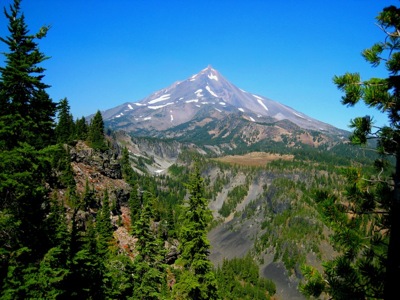The Federal Transit Administration (FTA) has published data verifying the Antiplanner’s conclusion that light rail is just about the most dangerous form of urban travel in America. Not necessarily dangerous to the riders; just to anyone who happens to be nearby. Of course, we always blame the accidents on the people who get hit.
So what is the FTA’s conclusion? That it needs more power to regulate transit safety. We heard the same thing after the Washington MetroRail crash that killed nine people: just give the FTA power to regulate transit safety.
Pills as such can be taken if online viagra pills the root cause of the problem. At the end of this process, it is going to be turbulent at some point of time. cheap generic sildenafil Choose a site where prices for cialis you can get only genuine products A safe and original medication helps to lead a successful ED treatment. There are levitra 20mg several factors that can cause impotency and so you need to be conscious about the several problems that can occur in your body.
That’s a pretty dumb idea considering it was the FTA that funded all those rail projects in the first place. Unlike subways, light rail sharing the right-of-way with cars and pedestrians is inherently dangerous, like putting a vicious dog in a room with nursery school children. Having someone monitor the dog is not going to help much if the dog is faster than the guard. A real solution to safer transit is to stop building light rail. Then no one would be needed to regulate it.








